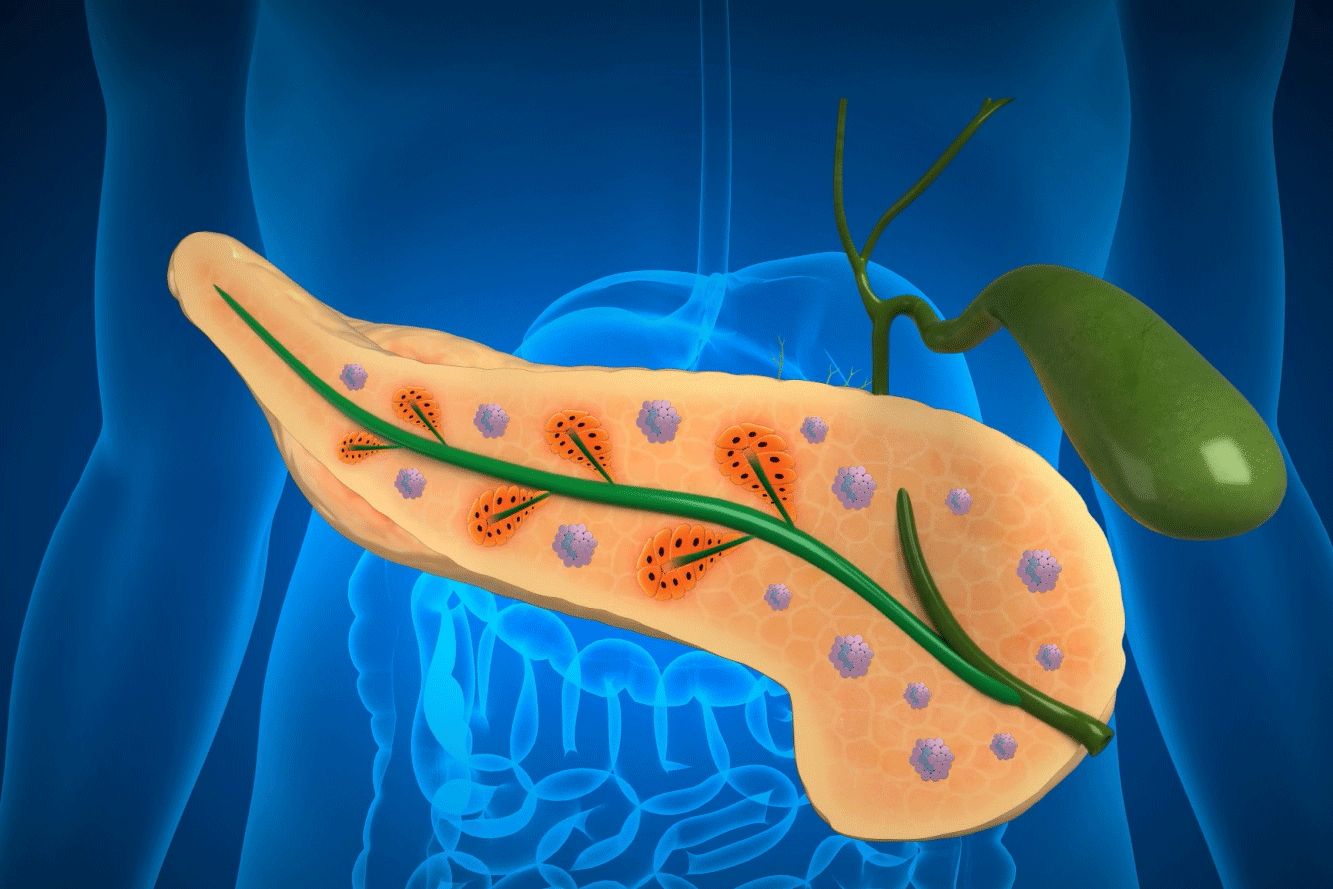
What is a pancreatectomy? A pancreatectomy is a surgical procedure where part or all of the pancreas is removed. This operation is often necessary for treating conditions like pancreatic cancer, chronic pancreatitis, or benign pancreatic tumors. The pancreas, a vital organ, plays a crucial role in digestion and blood sugar regulation. Removing it can have significant effects on a person's health, requiring lifestyle adjustments and ongoing medical care. Understanding the reasons for a pancreatectomy, the types of procedures, and the potential outcomes can help patients and their families prepare for this major surgery. Let's dive into 27 essential facts about pancreatectomy to shed light on this complex medical procedure.
What is a Pancreatectomy?
A pancreatectomy is a surgical procedure where part or all of the pancreas is removed. This operation is often performed to treat pancreatic cancer, chronic pancreatitis, or other pancreatic diseases. Here are some intriguing facts about this complex surgery.
-
The pancreas is a vital organ located behind the stomach, playing a crucial role in digestion and blood sugar regulation.
-
There are different types of pancreatectomy procedures, including partial, total, and distal pancreatectomy.
-
A partial pancreatectomy involves removing only a portion of the pancreas, usually the head or tail.
-
A total pancreatectomy removes the entire pancreas, which means patients will need lifelong insulin and enzyme replacement therapy.
Reasons for a Pancreatectomy
Understanding why someone might need a pancreatectomy can shed light on the importance of this surgery.
-
Pancreatic cancer is one of the most common reasons for a pancreatectomy.
-
Chronic pancreatitis, a long-term inflammation of the pancreas, can also necessitate this surgery.
-
Benign pancreatic tumors, although non-cancerous, may still require removal if they cause symptoms or have the potential to become malignant.
-
Traumatic injury to the pancreas, such as from an accident, might also lead to a pancreatectomy.
The Procedure and Recovery
The surgical process and recovery period for a pancreatectomy are critical aspects to consider.
-
Pancreatectomy is a major surgery that typically requires general anesthesia.
-
The surgery can take several hours, depending on the extent of the pancreas being removed.
-
Minimally invasive techniques, like laparoscopic surgery, are sometimes used for pancreatectomy, leading to smaller incisions and potentially quicker recovery.
-
Recovery from a pancreatectomy can take several weeks to months, with patients often needing to stay in the hospital for a week or more post-surgery.
Life After a Pancreatectomy
Living without part or all of the pancreas involves significant lifestyle adjustments.
-
Patients who undergo a total pancreatectomy will become diabetic and need insulin therapy for life.
-
Enzyme replacement therapy is necessary to aid digestion since the pancreas produces essential digestive enzymes.
-
Dietary changes are crucial, with patients often needing to eat smaller, more frequent meals and avoid high-fat foods.
-
Regular follow-up appointments are essential to monitor blood sugar levels and overall health.
Risks and Complications
Like any major surgery, a pancreatectomy comes with its own set of risks and potential complications.
-
Infection is a common risk following any surgical procedure, including pancreatectomy.
-
Bleeding during or after surgery is another potential complication.
-
Delayed gastric emptying, where the stomach takes longer to empty its contents, can occur post-surgery.
-
Pancreatic fistula, an abnormal connection that forms between the pancreas and other organs, can develop after surgery.
Advances in Pancreatectomy
Medical advancements have improved the outcomes and techniques used in pancreatectomy.
-
Robotic-assisted surgery is becoming more common, allowing for greater precision and potentially better outcomes.
-
Enhanced recovery protocols, including better pain management and early mobilization, are improving recovery times.
-
Preoperative planning with advanced imaging techniques helps surgeons better understand the anatomy and plan the surgery.
-
Genetic testing is increasingly used to identify patients at higher risk for pancreatic cancer, leading to earlier and potentially more effective interventions.
Historical Context
The history of pancreatectomy provides insight into how far this surgical procedure has come.
-
The first successful pancreatectomy was performed in the early 20th century.
-
Advances in anesthesia, surgical techniques, and postoperative care have significantly improved the success rates of pancreatectomy.
-
Research continues to explore new ways to improve the outcomes and quality of life for patients undergoing pancreatectomy.
Final Thoughts on Pancreatectomy
Pancreatectomy is a complex procedure with significant implications for patients. Understanding the types, reasons, and risks involved can help individuals make informed decisions. Whether it's a partial or total pancreatectomy, each has its own set of challenges and benefits. Post-surgery, patients often need to adapt to lifestyle changes, including dietary adjustments and medication. It's crucial to have a strong support system and regular follow-ups with healthcare providers. Advances in medical technology and surgical techniques continue to improve outcomes, offering hope for those facing this surgery. Always consult with a medical professional to get personalized advice and treatment plans. Knowledge is power, and being well-informed can make a significant difference in managing health and recovery.
Was this page helpful?
Our commitment to delivering trustworthy and engaging content is at the heart of what we do. Each fact on our site is contributed by real users like you, bringing a wealth of diverse insights and information. To ensure the highest standards of accuracy and reliability, our dedicated editors meticulously review each submission. This process guarantees that the facts we share are not only fascinating but also credible. Trust in our commitment to quality and authenticity as you explore and learn with us.
